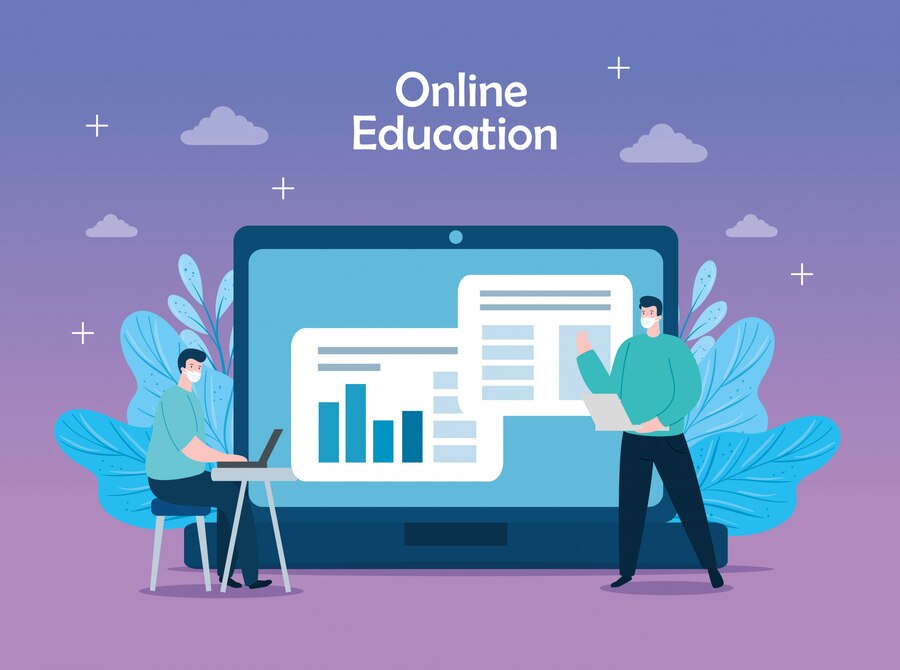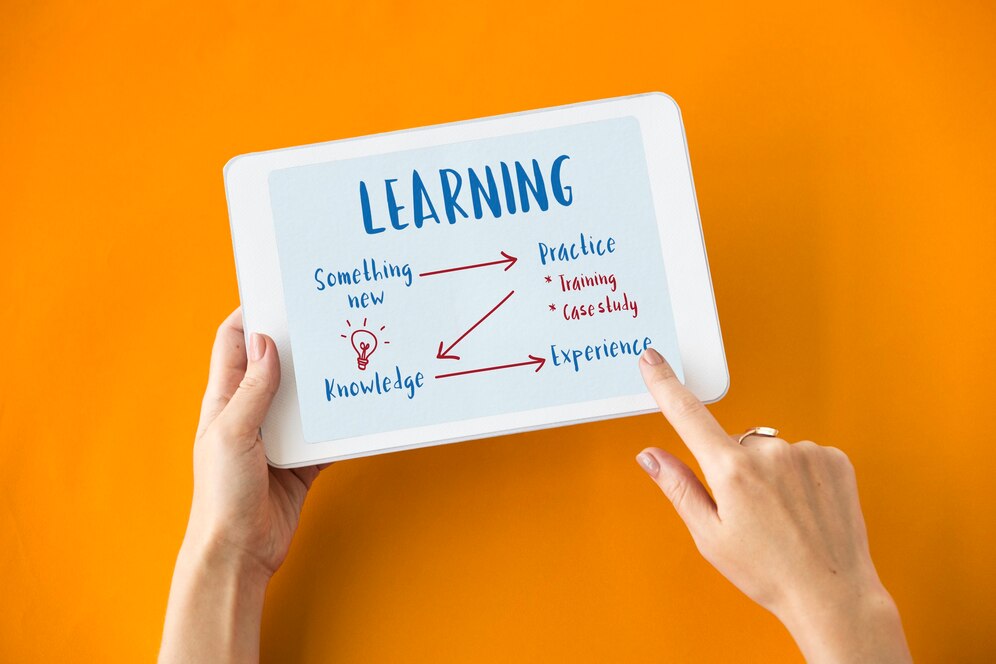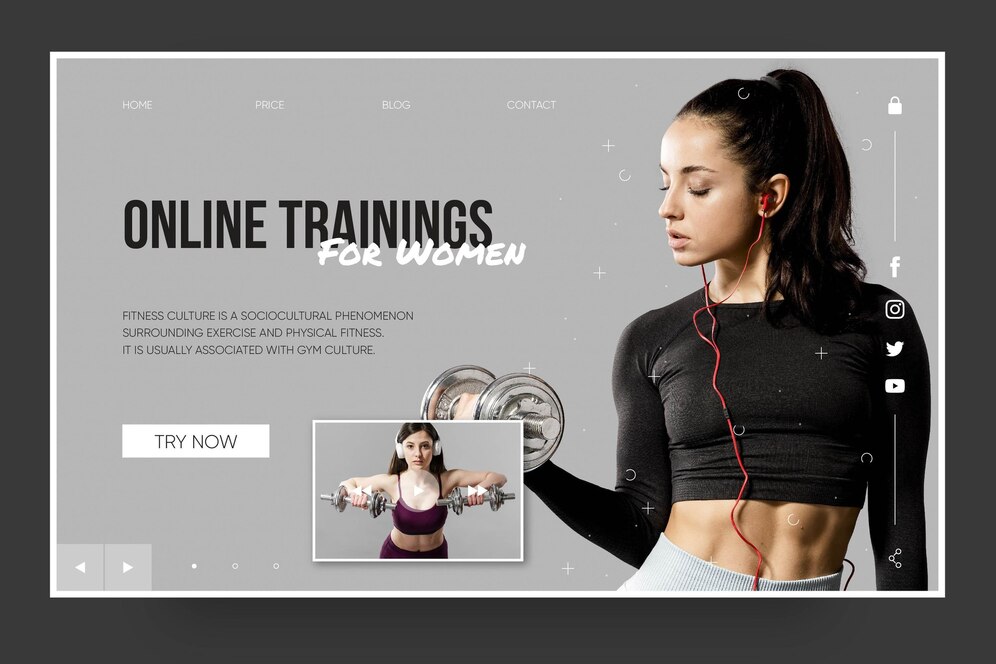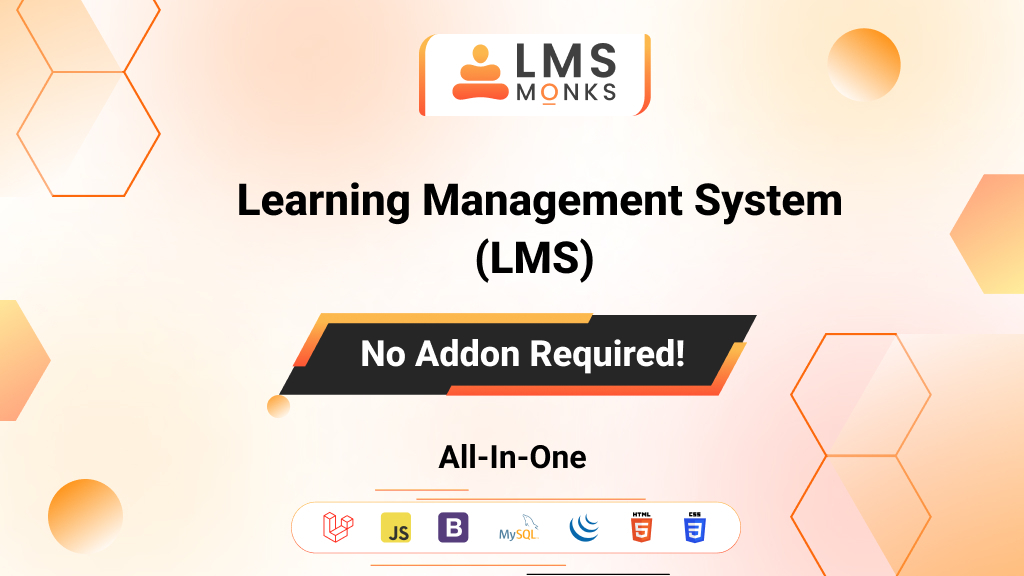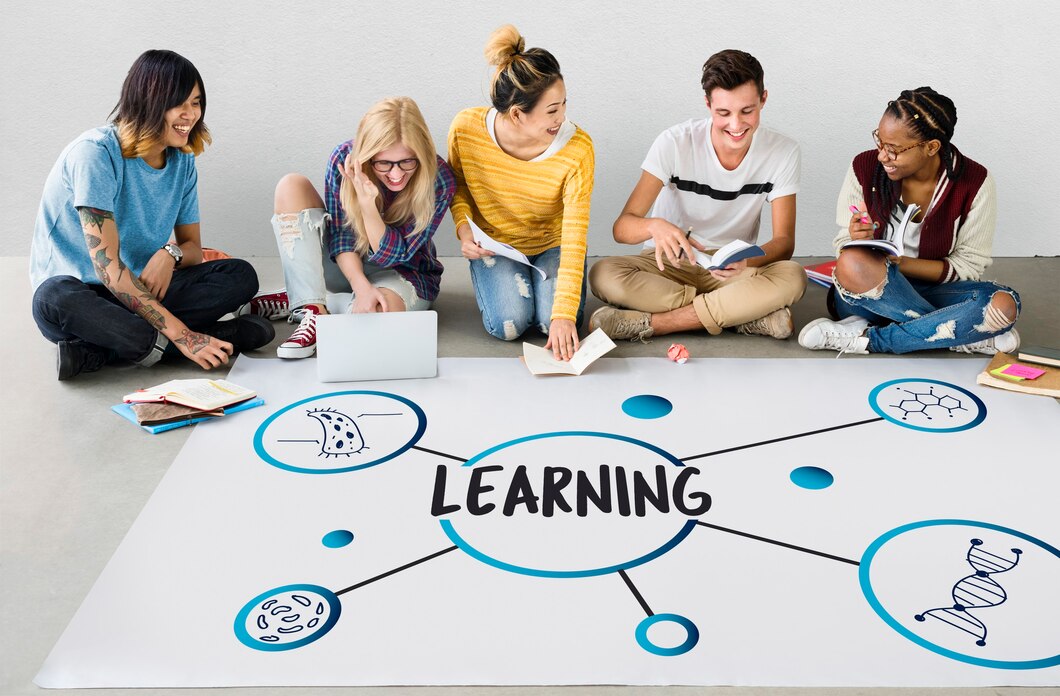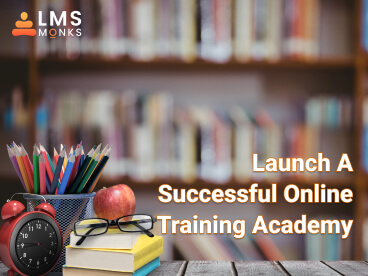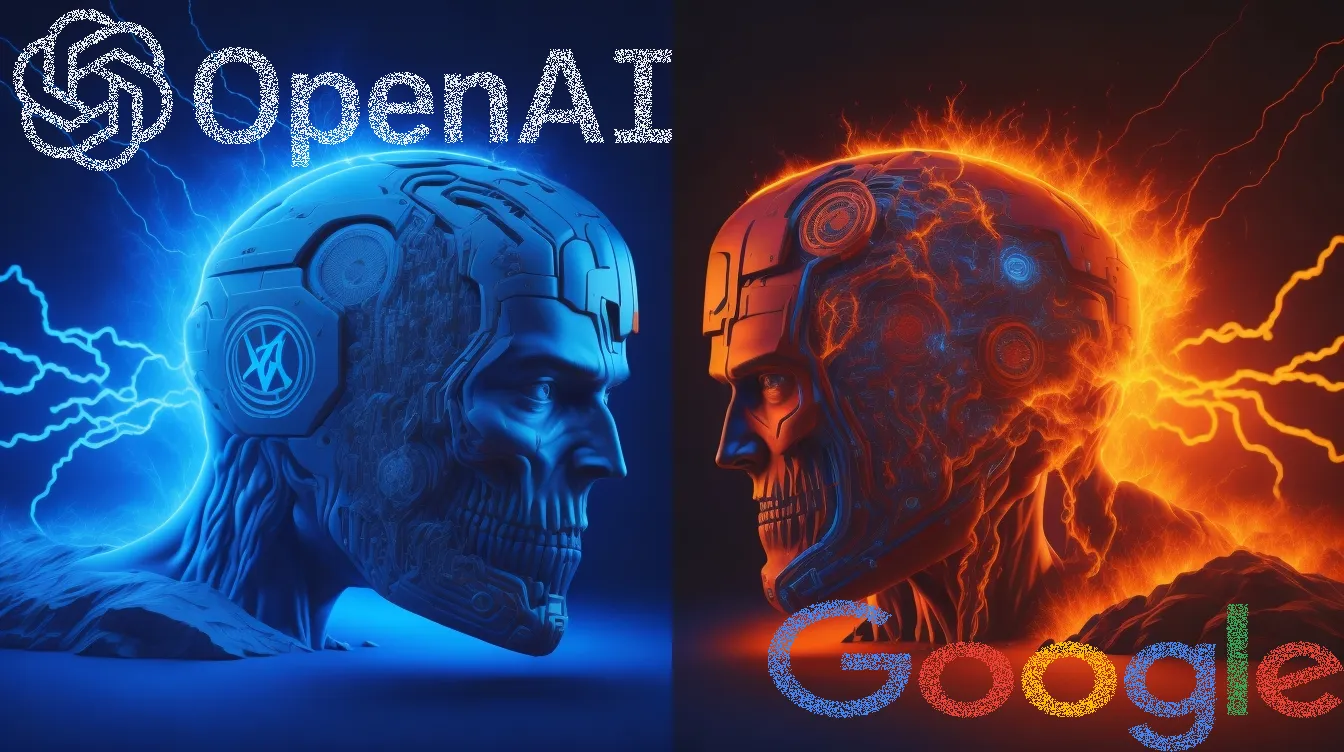
In today's rapidly changing world, new technologies, scientific findings, and cultural shifts are constantly occurring. Education is also evolving, with cohort-based learning emerging as an exciting and innovative approach. This method revolutionizes learning by creating a supportive community that fosters mutual growth and development.
Cohort learning is a method used in schools that helps students learn together in a group. This method is great because it allows students to work together and learn from each other. It also helps create a sense of community and common goals among students.
One of the key benefits of cohort learning is that it encourages interaction between students. This means that students can help each other learn, which can make the learning experience more enjoyable and effective. Cohort learning also helps students build a support network, which can be very helpful.
Another important thing about cohort learning is that it can help prepare students for real-world situations. By learning in a group, students can practice working together, which is a skill that is very important in many jobs.
Overall, cohort learning is a great method for schools to use because it helps students learn in a way that is interactive and collaborative. It is a promising model that can help students learn better and be more prepared for the future.
Here’s why Cohort-Based Learning is important:
Community Building: CBL creates a strong bond among students. In a survey, 87% of students said they felt more connected with their peers in a cohort-based course compared to traditional courses.
Increased Engagement: Students in CBL tend to be more engaged. A study found that CBL courses have a 30% higher completion rate than traditional courses.
Enhanced Learning Outcomes: CBL can lead to better learning outcomes. Research shows that students in CBL retain 25% more information than those in traditional courses.
Career Advancement: CBL can help with career advancement. 65% of CBL students reported that the skills they learned helped them advance their careers.
Impact on Education:
Cohort-based learning in online education makes learning more personal and interactive. It focuses on collaboration and diversity, making the educational process more engaging and supportive. This approach transforms online learning platform into a more holistic experience, adapting to the needs of different students.
This transformation is clear in how it reimagines online education. It becomes more engaging, collaborative, and responsive to the diverse student body.
How Cohort-Based Learning Works:
Cohort-based learning is when students go through their courses together. They work as a team and share their educational journey, which helps them get ready for working together in their future careers.
How the learning process is organized
Cohort-based learning follows a carefully planned curriculum that guides a group through their education. This way, everyone grows individually and as a group. This method ensures a well-organized and synchronized learning experience, helping participants develop both personally and collaboratively.
How students interact in a group
In cohort learning, students interact more through group activities and discussions. This helps them improve their teamwork and communication skills. This emphasis creates a supportive network that encourages active participation, leading to shared achievements within the group.
Mix of live and self-paced learning
Cohort learning combines live (synchronous) and self-paced (asynchronous) learning. For example, students can watch videos and do readings on their own time (asynchronous). Then, they meet periodically, either in person or online, to discuss concepts and do activities with their classmates (synchronous).
This mix aims to create a comprehensive educational experience that encourages collaboration, accommodates individual learning styles, and adjusts to the changing nature of online learning.
Benefits of Cohort-Based Learning:
Cohort-based learning is a type of learning where a group of students goes through a course together, offering many benefits for a better learning experience.
Community Interaction and Support
One of the main benefits of cohort-based learning is the strong community it builds. Students in a cohort become a close-knit group, sharing ideas and supporting each other. This sense of belonging can greatly improve learning, as students can exchange insights, discuss challenges, and celebrate successes together.
Increased Motivation and Accountability
Cohort-based learning provides a support system that boosts motivation and accountability. Sharing the learning journey with peers creates a sense of progress as a group, motivating students to stick to their learning goals. Peer support and friendly competition within the course can be powerful motivators, encouraging students to engage with the course material and participate in discussions.
Real-Time Help
One of the great things about cohort-based learning is the immediate help available. Students can get instant support and clarification on topics through live discussions, Q&A sessions, and group activities. This instant access to help allows students to overcome challenges quickly, avoiding confusion or frustration.
Focus on Specific Topics
Cohort-based learning often allows for a more focused approach to the curriculum. By concentrating on specific topics within a set timeframe, students can dive deep into the subject matter, gaining a thorough understanding. This focused learning approach helps students master content and skills, preparing them for real-world applications.
Examples of Cohort-Based Courses
Cohort-based courses are becoming popular in education. Here are two important ways cohort-based learning is making a difference.
Success in Education Programs: Cohort-based courses work really well in many educational programs. When a group of learners goes through the course together, they build a sense of community and support each other. This makes learning more interesting and effective.
Higher Engagement and Retention: Students in cohort-based courses are more engaged and remember what they learn better compared to traditional courses.
Meaningful Discussions: Cohorts allow for better discussions and sharing of different viewpoints, which enhances the learning experience.
Applications in Different Fields: Cohort-based learning isn't limited to one type of subject. It's used in many areas, like professional development, corporate training, and skill-building programs. Cohorts provide a structured way of learning that works for different subjects.
Adaptability: Depending on the subject, cohorts can focus on different things. For example, business cohorts might use case studies, while technology cohorts might do more hands-on projects. This flexibility shows how cohort-based courses can meet the needs of different fields.
Cohort-Based Learning: Challenges and Solutions
While cohort-based learning offers many benefits, it also comes with some challenges.
Financial Challenges
One major challenge is the cost. Cohort-based learning can be expensive, making it hard for some people to afford. To make it more accessible, consider offering flexible payment options, scholarships, or other ways to help people from different economic backgrounds participate.
Time Zone Differences
Another challenge is dealing with different time zones, especially in global cohorts. This can make it difficult for students to collaborate effectively. To overcome this, you can use strategies like having flexible live sessions and providing more self-paced learning materials. This way, everyone can participate fully, no matter where they are.
Conclusion
Cohort-based learning is an exciting innovation in education that's all about working and learning together. It's changing how people learn by building communities and sharing experiences. This approach is shaping the future of education.
With cohort-based learning, individuals not only gain knowledge but also feel like they're growing together with others. This prepares them to succeed in a world where everything is connected. Cohort training is a great way to prepare the next generation of leaders and professionals.
Ready to Dive into Cohort-Based Learning?
Intrigued by the collaborative and supportive environment of cohort-based learning? We get it! It's a fantastic way to boost your learning experience and achieve your goals.
Here at LMS Monks, we offer a variety of exciting cohort-based programs designed to help you develop in-demand skills and advance your career.
Want to explore your options? Contact LMS Monks today! Our friendly team can answer your questions and help you find the perfect cohort-based program to launch your learning journey.
Don't wait – unlock the power of collaborative learning!
















